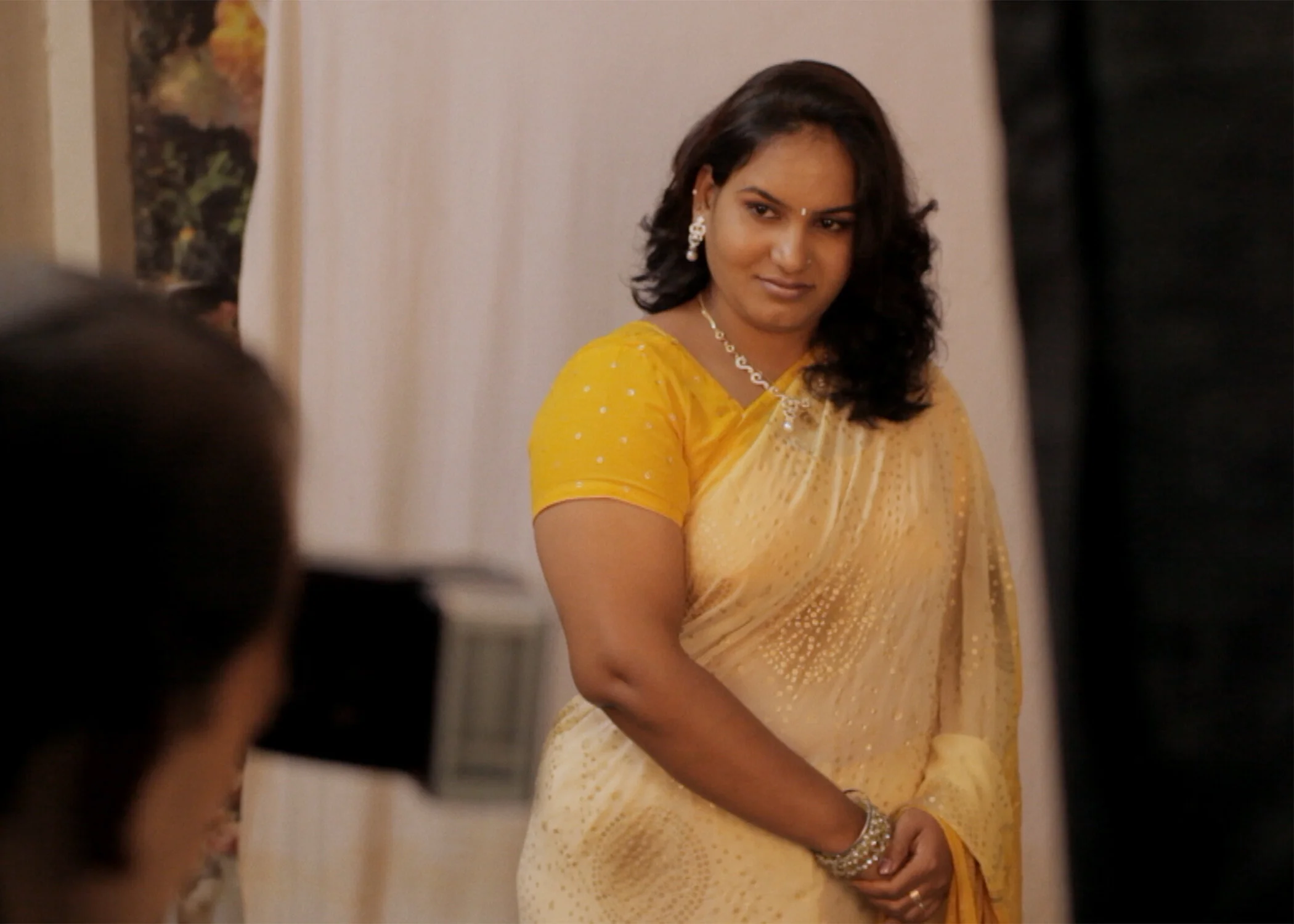A Suitable Girl
(2017)
Directors
Smriti Mundhra
Sarita Khurana
Premiere
Tribeca Film Festival
Stream
Netflix (International)
Amazon Prime (USA)
Festivals & Awards
Tribeca Film Festival (Albert Maysles Best New Documentary Director Award)
AFI Docs (official selection)
Mumbai Film Festival (official selection)
Sheffield Doc Fest (official selection)
Synopsis
Winner of the Albert Maysles Best New Documentary Director Award,
A Suitable Girl follows three young women in India struggling to maintain their identities and follow their dreams amid intense pressure to get married. Ritu, Dipti and Amrita represent the new India. Educated, financially stable and raised with a mix of traditional and contemporary values in the urban cities of Mumbai and New Delhi, they have access to the world in ways their mothers did not. Yet their lives take a dramatic turn when the pressure to settle down and get married hits. Career aspirations become secondary to the pursuit of a husband, and the women struggle with the prospect of leaving their homes and families to become part of another.
Documenting the arranged marriage and matchmaking process in vérité over four years, the film examines the women’s complex relationships with the institution of marriage, the many nuanced ways society molds them into traditional roles, and a rarely-seen portrait of India’s urban middle class.
Trailer
Awards
“We wanted to question the fairytale that is marriage, and to re-contextualize the pomp and circumstance of the Indian wedding as a painful rite of passage for brides who are literally shedding one identity for another, often losing a piece of themselves in the transition. As our subject Dipti so perfectly says, “I can’t say that it is fair or unfair, but girls have to take it like this only."
This is an extremely intimate view of the everyday Indian woman and her relationship to her family and culture— something never before seen in documentary. It’s not a film about child brides, female infanticide or slum life, but rather the deep-rooted, systemic and nuanced sexism a woman faces from the day she is born. The film puts the narrative in the hands of the subjects themselves, as told to two women who can relate to their story at every step.”
- Smriti Mundhra & Sarita Khurana



